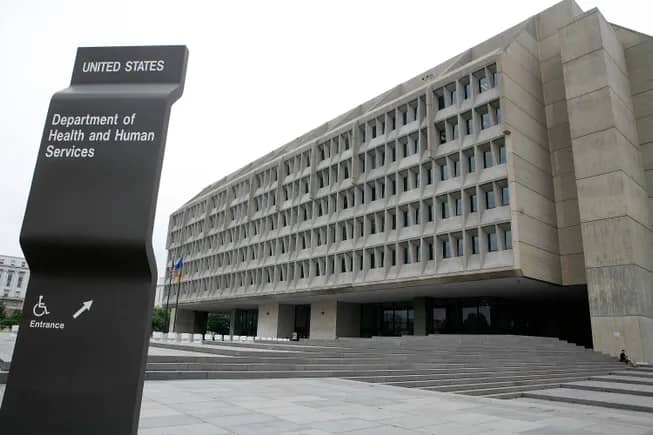This audio is auto-generated. Please let us know if you have feedback.
Dive Brief:
- Federal regulators received more than 12,000 complaints that insurers and providers weren’t complying with the No Surprises Act through the end of June, according to new data released by the CMS.
- Regulators also won more than $1.7 million in restitution for consumers and providers from closed complaints related to the law, which banned surprise medical billing, an agency spokesperson said.
- The most common complaints against providers were for surprise billing for both emergent and non-emergent care, while top complaints against health plans were for calculating qualifying payment amounts, or QPAs, incorrectly.
Dive Insight:
The recently released report shares data on complaints and enforcement actions taken under the Public Health Service Act, which was amended by No Surprises when the law was passed four years ago to include provisions preventing surprise medical billing. The report also includes enforcements related to the Affordable Care Act and other healthcare legislation.
Of the $4.2 million in restitution paid to consumers and providers from closed complaints, more than $1.7 million was specifically related to No Surprises, per a CMS spokesperson.
The law, which went into effect early in 2022, protects consumers from unexpected medical bills after receiving out-of-network care at an in-network facility or other surprise situations. No Surprises does so by holding them blameless for any charges, and requiring insurers and providers decide how much the provider should be reimbursed for a member’s care.
The law created a framework for negotiations called independent dispute resolution, or IDR, if payers and providers can’t reach a decision themselves. Each side submits a payment offer to a third-party arbiter, who then picks one of the two amounts.
Payers and providers have found themselves at odds over the process, which has been the source of numerous lawsuits from hospitals and other providers for being unfairly weighted toward insurers. Providers have also accused insurers of delaying awards — or not paying them altogether — owed to providers following arbiters’ decisions.
Given the controversial atmosphere, it’s not surprising that accusations of noncompliance continue to stack up. The CMS received 1,500 complaints about No Surprises noncompliance in the second quarter, up from about 10,500 as of the end of March.
The complaints alleging violations of No Surprises have mostly been lodged against providers as compared to health plans, by an 18 to 3 ratio.
Of the complaints against providers, the large majority are for sending consumers surprise bills, which is forbidden under the law, or for issues with the good faith estimate, a best guess of the cost of services that they’re required to provide consumers before administering out-of-network care.
Of the complaints against health plans, most were for noncompliance with QPA requirements.
The QPA has emerged as a flash point in payer and provider griping over implementation of No Surprises, and is the impetus behind many lawsuits over the law. That’s because QPAs — the median amount an insurer would pay for a service in a specific geographic area — factor into how much providers receive for out-of-network care.
Insurers set initial payments to providers for out-of-network care based on the QPA, and arbiters can also consider the insurer-determined metric in deciding which final payment amount is fair. Providers have accused payers of setting arbitrarily low QPAs in order to lower payments for out-of-network services.
In July, the CMS released its first audit of an insurer for No Surprises noncompliance. The audit found CVS Aetna in Texas was both overestimating and underestimating its QPAs, lending some credence to provider complaints.
The second-most common complaint against payers in the CMS’ new report was for late payment after independent dispute resolution determination, another source of frustration for providers.
Regulators have had to pause and restart the dispute resolution process multiple times over the last two years amid the flurry of lawsuits. That’s contributed to a backlog in claims, putting more stress on the IDR system. Regulators say they’re facing a growing mountain of disputes, after receiving more requests for arbitration than anticipated.
The federal government received 13 times more surprise billing disputes in the first half of 2023 than it expected to receive in a full year, according to data released in February.
Despite the overhead on regulators and insurers and providers at loggerheads over IDR, data suggests the law has improved the situation for patients. More than 10 million surprise bills were prevented in the first nine months of 2023 because of No Surprises, according to an analysis by health insurance groups.

